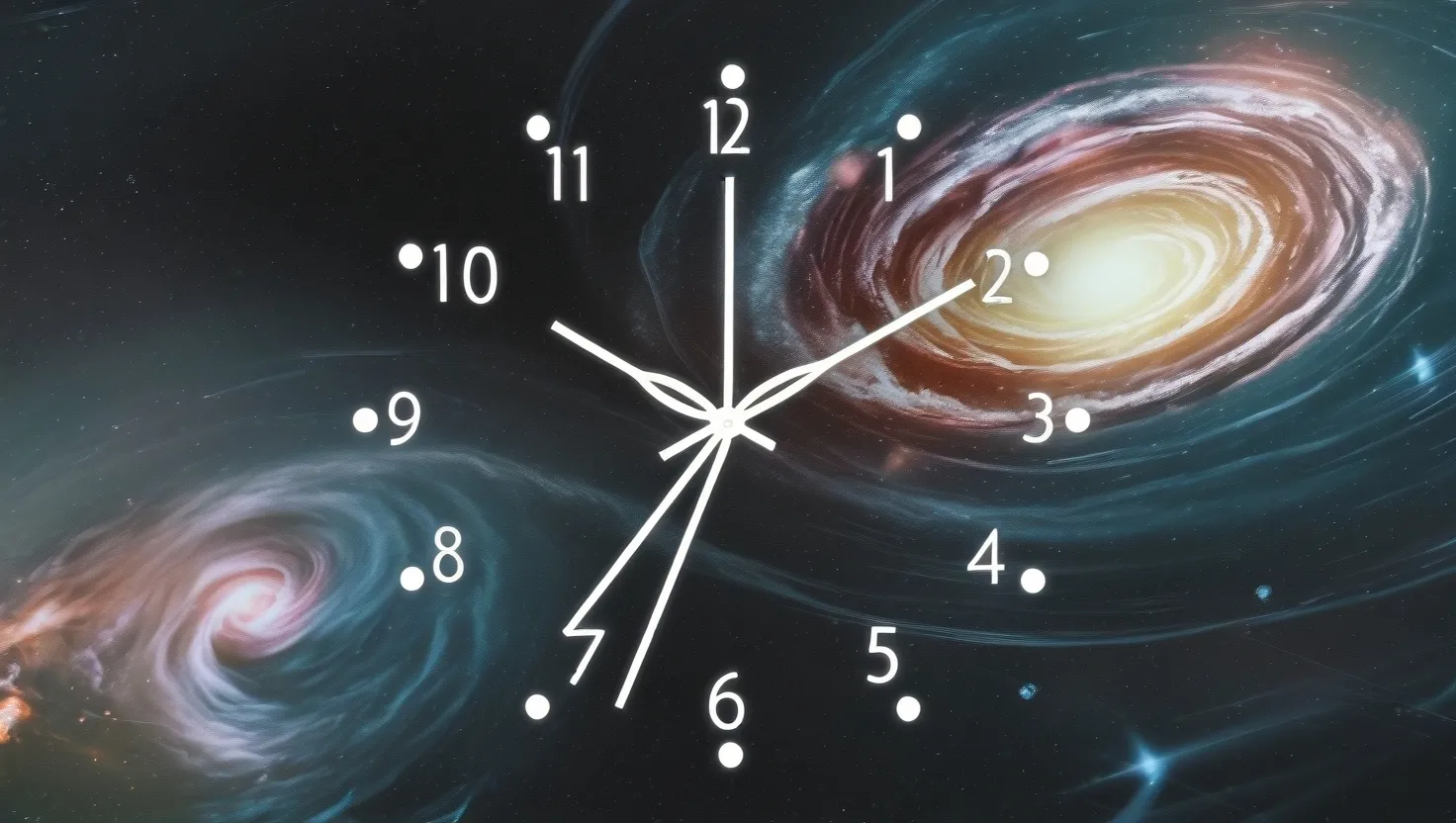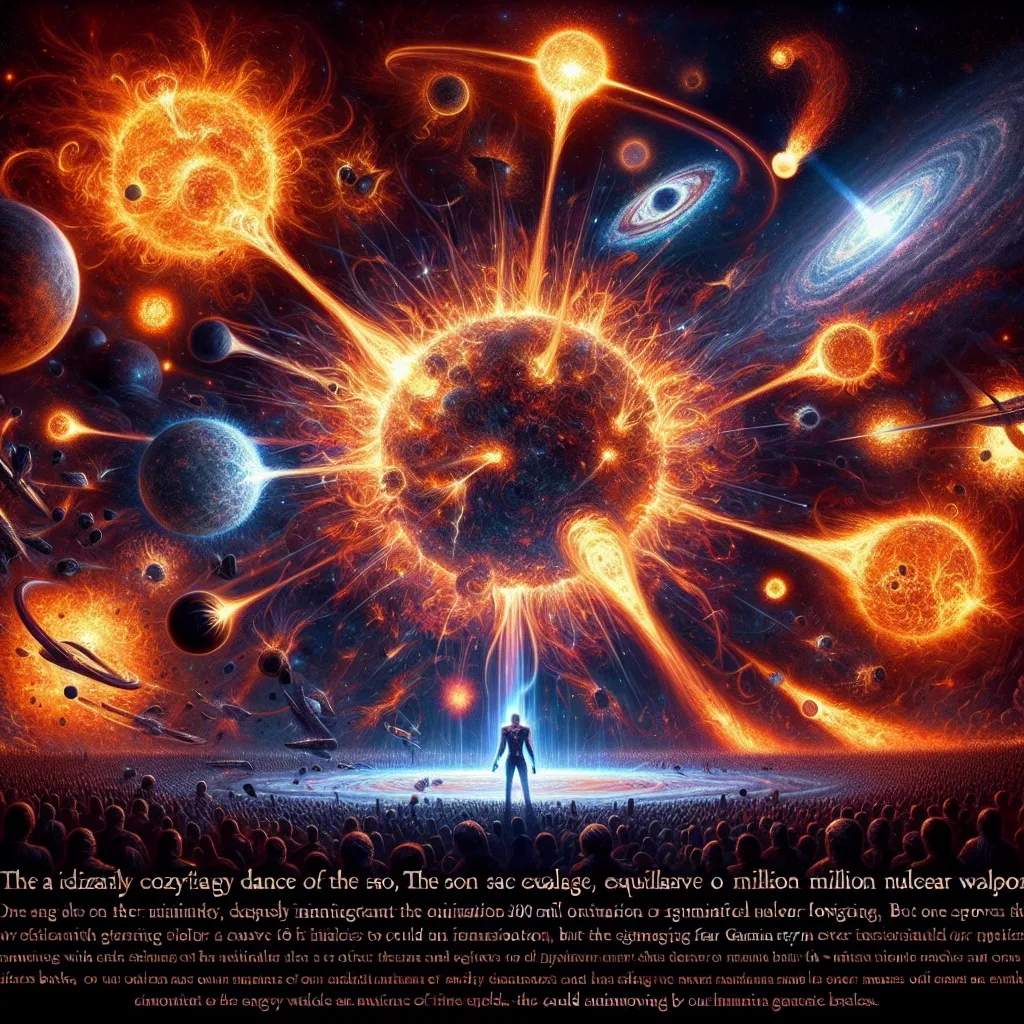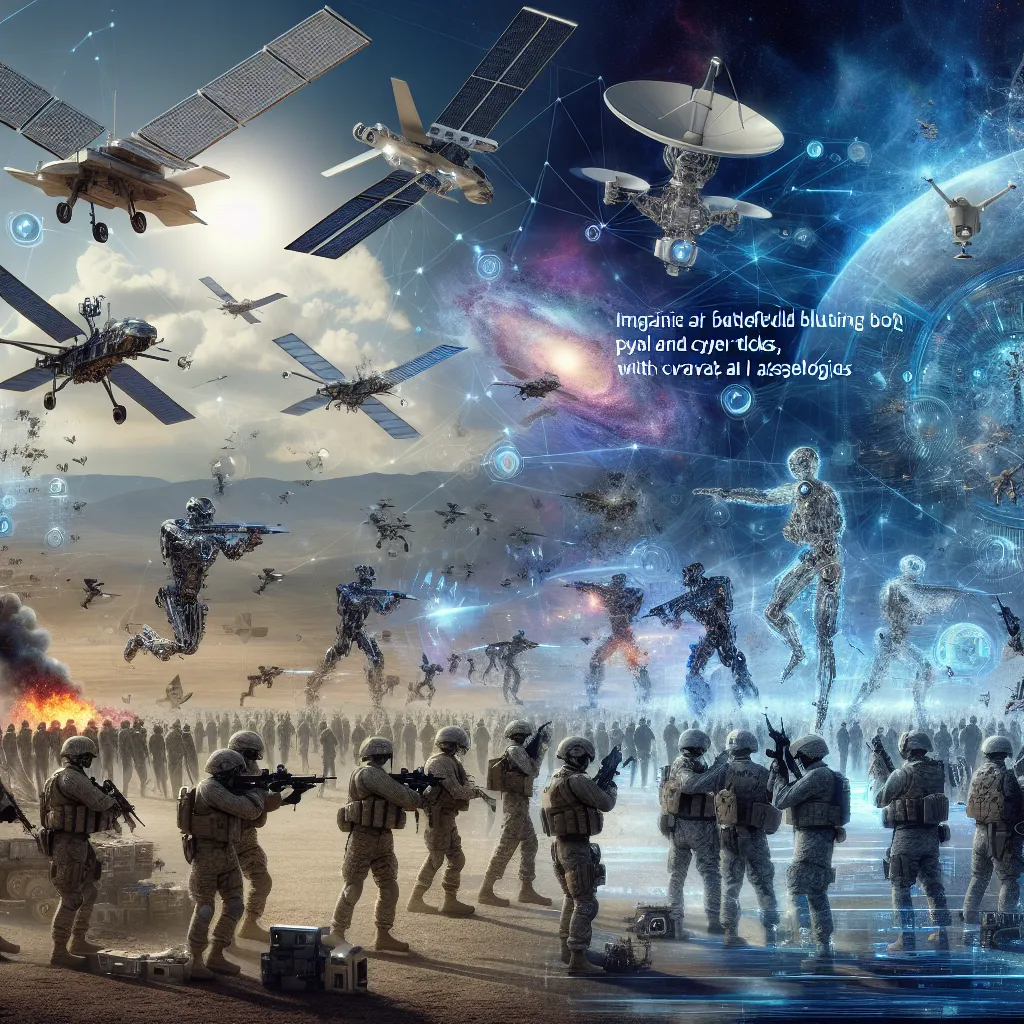As I delve into the intricate and often bewildering world of time paradoxes, I find myself questioning the very fabric of our reality. These paradoxes, born from the intersection of physics, philosophy, and imagination, challenge our conventional understanding of time and causality. Let’s embark on a journey to explore six of the most mind-bending time paradoxes that have captivated scientists, philosophers, and science fiction enthusiasts alike.
The Grandfather Paradox
Imagine a scenario where you travel back in time and decide to kill your own grandfather before he has children. This seemingly simple act raises a plethora of questions. If you succeed, then your parent would never have been born, which means you would never have existed. But if you never existed, then who killed your grandfather? This paradox highlights the potential inconsistencies that arise when attempting to alter the past. It creates a logical contradiction that defies resolution, leaving us to ponder the stability of the timeline.
This thought experiment is often referred to as the “consistency paradox” because it reveals the potential for timeline inconsistencies. If changing the past is possible, it could lead to a reality where the time traveler’s own existence is negated, yet the act of killing the grandfather still occurred. This paradox forces us to consider the idea that certain events in history might be immutable, protected by some inherent mechanism that prevents paradoxical outcomes.
The Bootstrap Paradox
The bootstrap paradox, also known as the “information paradox,” presents another intriguing conundrum. Imagine that you travel back in time and give a younger version of yourself some information or object that you already possess. The question then arises: where did this information or object originally come from? If you received it from your future self, then who actually created it in the first place?
This paradox suggests a closed timelike curve where the information has no clear origin. It seems to exist in a loop, with no beginning or end, challenging our traditional notions of causality. The bootstrap paradox raises questions about the nature of creativity and innovation. If an idea or object can be sent back in time, does that mean it was always meant to exist, or did it truly originate from somewhere?
The Predestination Paradox
The predestination paradox is a fascinating and somewhat bleak concept. It posits that every event in history is predetermined and cannot be changed. If you travel back in time with the intention of altering an event, you will find that your actions were always part of the original timeline. This means that any attempt to change the past is actually what led to the present you know.
This paradox is akin to a self-fulfilling prophecy. For instance, if you went back in time to prevent a disaster, you might inadvertently cause the very disaster you were trying to prevent. This creates a sense of determinism, where every action is part of a predestined course of events. It challenges the idea of free will and suggests that our actions are merely fulfilling a script that was written long before we were born.
The Twin Paradox in Special Relativity
Moving from the realm of time travel to the domain of special relativity, we encounter the twin paradox. This thought experiment involves two twins, one of whom travels at high speed relative to the other. According to Einstein’s theory of special relativity, time dilation occurs when an object moves at significant fractions of the speed of light. This means that time passes more slowly for the traveling twin compared to the stay-at-home twin.
When the traveling twin returns, they will have aged less than their sibling. This paradox highlights the relative nature of time and how it can be affected by motion. It’s not just a theoretical concept; it has been experimentally verified in various contexts, including with atomic clocks and astronauts in space. The twin paradox underscores the flexible and context-dependent nature of time, challenging our intuitive understanding of simultaneity and aging.
Quantum Time Entanglement
Quantum mechanics introduces another layer of complexity with the concept of quantum time entanglement. In quantum systems, particles can become entangled, meaning their properties are correlated regardless of the distance between them. When applied to time, this entanglement can lead to some remarkable phenomena.
Imagine two particles that are entangled in such a way that their states are connected across different points in time. If something happens to one particle in the past, it could instantly affect the state of the other particle in the future, even if they are separated by vast distances. This concept blurs the lines between past, present, and future, suggesting that time might not be as linear as we perceive it.
Arrow of Time and Entropy
The arrow of time, which dictates that time moves in one direction from past to future, is closely tied to the concept of entropy. Entropy is a measure of disorder or randomness in a system. According to the second law of thermodynamics, entropy always increases over time, which explains why we can’t unscramble an egg or why a cup of hot coffee cools down.
However, at the subatomic level, this arrow of time becomes less clear. Particles at this scale do not have an inherent direction of time; their behavior is time-symmetric. The question then arises: at what point in the universe’s evolution did the arrow of time become established? Was there a moment when the universe transitioned from a state of uniformity to one where entropy and time had a clear direction?
This paradox highlights the difference between our macroscopic experience of time and the microscopic world where time seems more fluid. It prompts us to consider whether the notion of entropy and the arrow of time are fundamental aspects of the universe or merely emergent properties that arise from complex interactions.
The Interconnected Nature of Time Paradoxes
As we explore these paradoxes, it becomes clear that they are not isolated concepts but are interconnected in complex ways. The grandfather paradox and the predestination paradox both deal with the idea of altering the past, but they approach it from different angles. The twin paradox and quantum time entanglement challenge our understanding of time’s relativity and its quantum nature.
These paradoxes serve as a reminder that time is not a fixed, one-dimensional concept but a multifaceted and dynamic aspect of our universe. They encourage us to think critically about causality, free will, and the very fabric of reality. Whether through science fiction or scientific theory, these paradoxes inspire us to delve deeper into the mysteries of time, pushing the boundaries of our understanding and sparking new ideas and perspectives.
In the end, time paradoxes are not just intellectual puzzles but gateways to a deeper comprehension of the universe and our place within it. They challenge us to question everything we thought we knew about time and reality, inviting us on a journey of discovery that is as fascinating as it is complex. As we continue to explore these mind-bending concepts, we may find that the true nature of time is far more intriguing and mysterious than we ever imagined.






